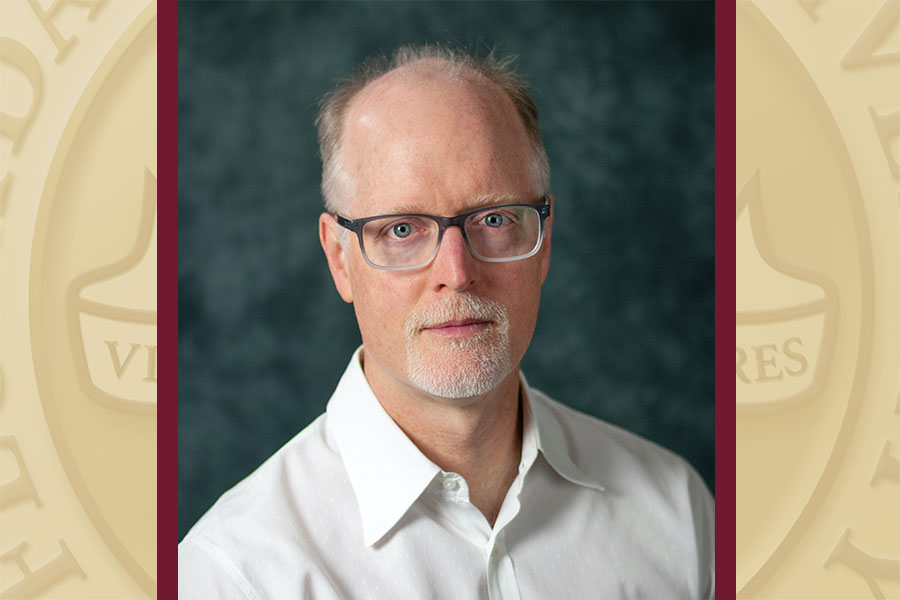
An estimated 30 percent of American adults aged 70 and older report experiencing heightened loneliness, according to research published in the Clinical Psychology Review, and increasing evidence suggests that perceived social isolation is a major risk factor for physical and mental illness in later life.
Now, a Florida State University psychologist is working to find computer-based interventions to combat that problem.
Distinguished Research Professor Brad Schmidt, director of the Anxiety and Behavioral Health Clinic at FSU, uses emerging tech to help develop interventions for a variety of psychological challenges. Previous studies using technology-based interventions to improve loneliness among military service members have yielded promising results.
“Over the last five years or so, we have been conducting research into the experiences of military veterans and active-duty military, focusing on addressing two related constructs — perceived burdensomeness and thwarted belongingness — which are centrally related to loneliness,” Schmidt said. “We’ve been using a computer to deliver content and have developed a brief intervention that we’ve shown to be effective in reducing these issues, thereby improving symptoms of loneliness and anxiety, and positively impacting quality of life.”
Schmidt, the incoming chair of the Department of Psychology, part of the College of Arts and Sciences, said his lab will apply what they’ve learned from years of work with both clinical populations and the military in hopes of addressing a growing public health issue in older adults.
The project has already received a boost from the RRF Foundation for Aging, previously known as the Retirement Research Foundation. The foundation provided funding for Schmidt’s lab to begin clinical trials.
The RRF Foundation for Aging is a nongovernmental, nonprofit organization incorporated in 1950 by John D. MacArthur and endowed upon his death in 1978. Since 1979, the RRF has awarded more than $239 million to support programs and research aimed at improving the quality of life for older people and focuses its efforts on four strategic priorities, representing some of the biggest challenges facing aging adults today: caregiving; housing; economic security in later life; and social and intergenerational connectedness.
“The foundation’s priority of social and intergenerational connectedness was inspired by increasing evidence suggesting that social isolation and loneliness contribute to adverse physical and mental health in older adults,” Schmidt said.
The new study will be conducted in two main phases; first, researchers will adapt the content from the existing intervention program — used in previous trials with military members — to focus on the needs of older adults; next, the team will conduct a clinical trial with older adults who have been experiencing loneliness. The group will be randomly selected to receive either the refined intervention program targeting loneliness and other related adverse outcomes such as depression, or a control program that focuses on healthy lifestyle choices.
Schmidt said what makes these intervention programs so valuable is that, in a real-world setting, they would not require administration by a therapist or specialist and could be completed by anyone with access to a computer.
“The remarkable thing about our interventions is that they are very brief, only taking about an hour to complete, and people can do them on their own,” Schmidt said. “So, if we can show that this intervention is beneficial, it will be quite easy to disseminate broadly and quickly.”
Ted Schubert, a clinical psychology doctoral student at the Anxiety and Behavioral Health Clinic, will assist in the clinical trial and introduce patients to the intervention program in the lab.
“This kind of intervention strategy shows a lot of promise — both in being able to reach a lot of people and that people are going to be able to do it on their own,” Schubert said. “I’m very excited to be working on it and I’m hopeful that we’ll see that it’s efficacious.”
Visit the Anxiety and Behavioral Health Clinic at FSU website for more information and a list of current studies seeking volunteers.




